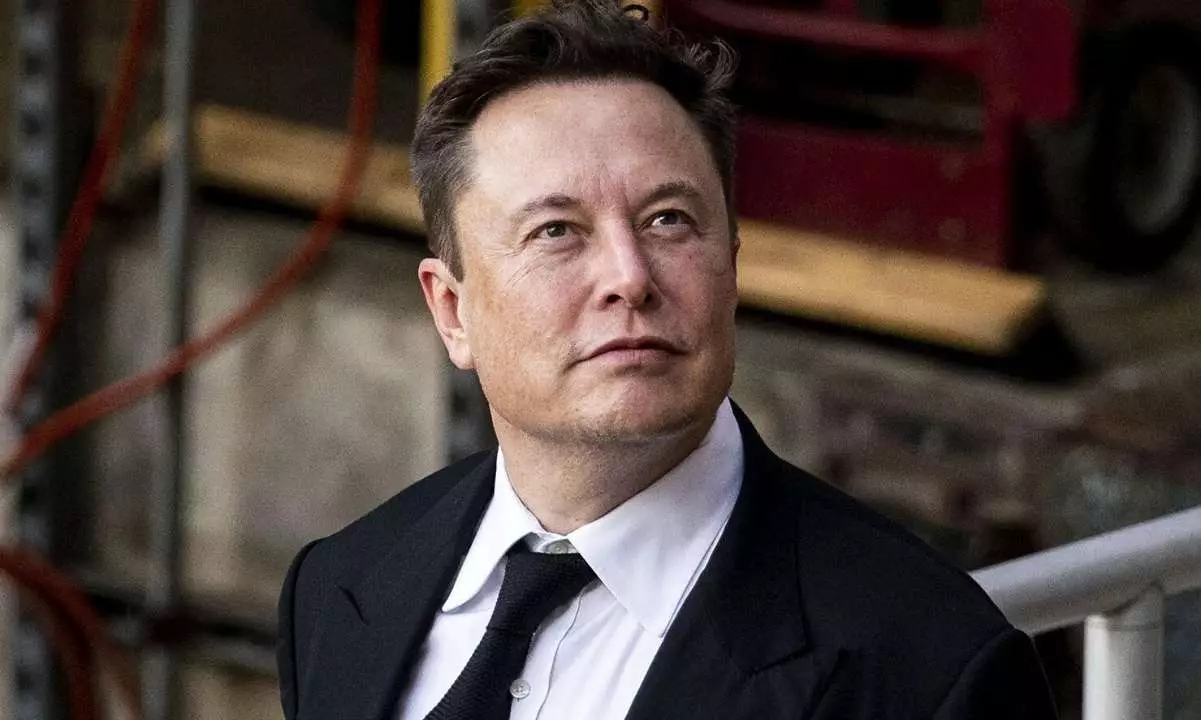The high-profile acquisition of Twitter, now rebranded as X, by Elon Musk has not only dominated headlines but has also drawn significant scrutiny from the United States Securities and Exchange Commission (SEC). Recently, the SEC has initiated legal proceedings against Musk, accusing him of neglecting to disclose his stake in Twitter promptly. The complaint indicates that Musk began amassing Twitter shares in early 2022, surpassing the crucial 5% ownership mark by March 14. Federal securities regulations necessitate that any shareholder crossing this threshold must report their interest within ten days. Musk, however, delayed this disclosure, officially revealing his ownership stake only on April 4—11 days beyond the deadline.
The SEC’s lawsuit emphasizes the financial ramifications of Musk’s delayed reporting. By not revealing his substantial stake in Twitter, Musk reportedly capitalized on the market’s ignorance to acquire additional shares at lower prices. This strategic oversight allegedly resulted in an unjust enrichment of at least $150 million, as he was able to purchase shares while other investors were not aware of his significant involvement. The agency asserts that this situation led to substantial economic harm for investors who sold stock during that crucial period, doing so under the false impression that the company was in a less stable condition than it actually was. This breach of protocol not only raises ethical questions regarding Musk’s business practices but also potentially endangers investor trust in the fairness of the stock market.
In response to these serious allegations, Musk took to the platform X to voice his criticism of the SEC, labeling the agency as a “totally broken organization.” His comments reflect a wider sentiment of frustration often expressed by individuals facing regulatory scrutiny—suggesting that the SEC’s focus is misplaced and accusing it of prioritizing what he perceives as frivolous cases over more serious offenses. Musk’s assertive declaration provides a glimpse into his usual combative approach towards regulatory bodies, highlighting his inclination to challenge authority rather than concede to legal constraints.
After his contentious acquisition of Twitter completed in October 2022 for an astounding $44 billion, Musk undertook substantial changes to the platform. His vision for X has included the introduction of innovative features such as account monetization, enhancing user engagement through audio-video calls, and integrating an AI chatbot to assist users. Additionally, the platform has ventured into long-form content, positioning itself as a multifaceted digital landscape. However, the ongoing legal challenges threaten to overshadow these advancements, forcing stakeholders to reckon with the operational and reputational risks posed by Musk’s regulatory troubles.
The SEC’s lawsuit against Elon Musk serves as a significant narrative in the realm of corporate governance, drawing attention to the importance of transparency and compliance within public markets. As Musk continues to shape the future of X, the implications of this legal challenge may extend far beyond the immediate financial consequences, presenting a reminder of the critical need for accountability in high-stakes business dealings. The unfolding saga not only reflects Musk’s unconventional approach to business but also underscores a persistent tension between innovation and regulation in today’s corporate landscape.

